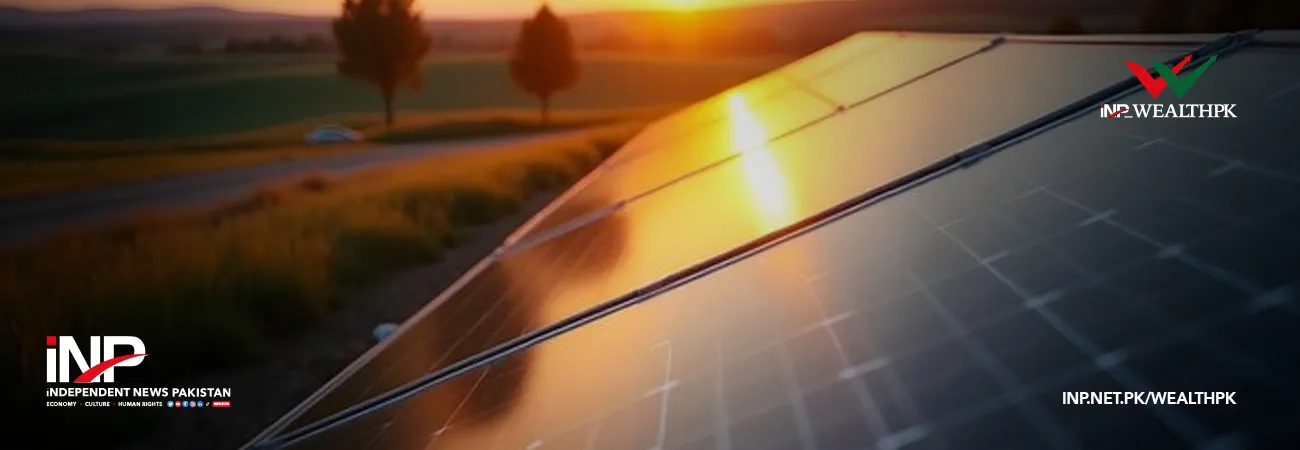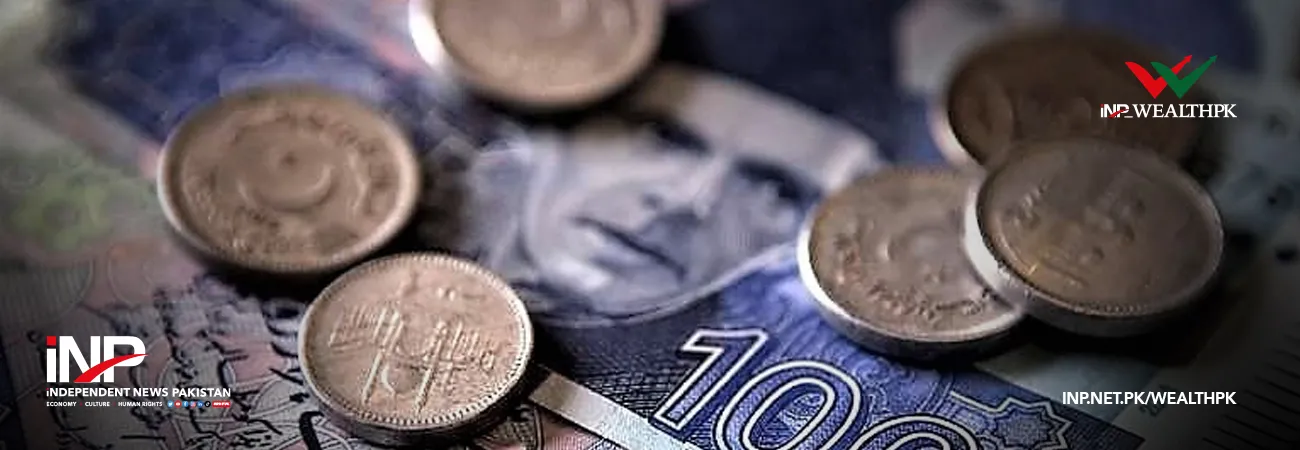آئی این پی ویلتھ پی کے
Amir Saeed
Pakistan’s upcoming budget poses challenges for renewable energy growth as proposed fiscal measures may impact solar investment and affordability.

Talking to WealthPK, Rafiullah Shams, Manager at RS Solar Solution Private Limited, said that as Pakistan prepared to unveil its federal budget for the fiscal year 2025-26, solar investors were increasingly concerned about the possible removal of tax exemptions on solar panels, a move driven by IMF conditions to broaden the tax base and increase government revenues.
He argued that maintaining tax exemptions and reducing import duties are crucial to keeping solar energy affordable for consumers. He emphasised that these measures had lowered upfront costs and encouraged a growing marketplace for solar energy, which is vital for Pakistan’s renewable energy targets and reduces dependence on traditional power sources.
He warned that the IMF’s push to abolish all tax exemptions, including those on solar equipment, could significantly raise the cost of solar panel imports and installations. He believed this would make solar energy less accessible, especially for middle-income households who had recently begun adopting solar solutions to cope with soaring electricity bills and chronic loadshedding.
Shams pointed out that removing tax relief at this critical juncture risks stalling Pakistan’s slow but steady transition toward renewable energy, potentially reversing gains made in expanding clean energy adoption.
Talking to WealthPK, Farhan Wahid, a green finance researcher at Quaid-i-Azam University, Islamabad, said that the upcoming budget was expected to introduce higher fixed charges on solar users and amendments to net-metering regulations, including a likely reduction in the buyback rate for surplus solar electricity from Rs27 to Rs10 per unit.
“These changes aim to address the financial burden on the national grid caused by the rapid rise in solar net-metering users, which has shifted billions of rupees in costs to non-solar consumers,” he pointed out.
Wahid considered these adjustments necessary to ensure fairness and sustainability in the power sector, though he warned that they might discourage new investments in solar energy by undermining the financial incentives that had driven recent growth.
He noted that the government faced a delicate balancing act: meeting IMF fiscal targets while sustaining momentum in Pakistan’s renewable energy sector.
He expressed optimism that policymakers would find ways to support local manufacturing and introduce alternative incentives to keep solar energy affordable. However, he cautioned that without careful policy design, the upcoming budget could impose new financial barriers that may slow the country’s clean energy progress and threaten energy security.
Credit: INP-WealthPk











